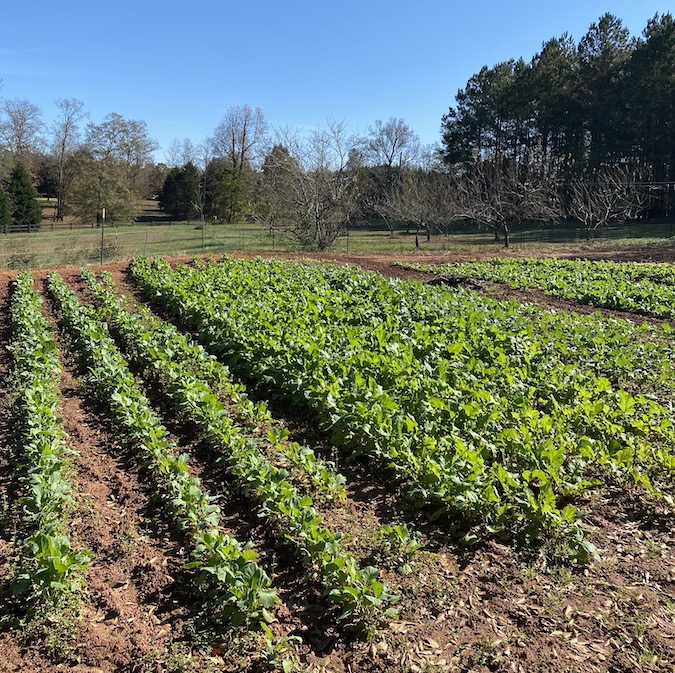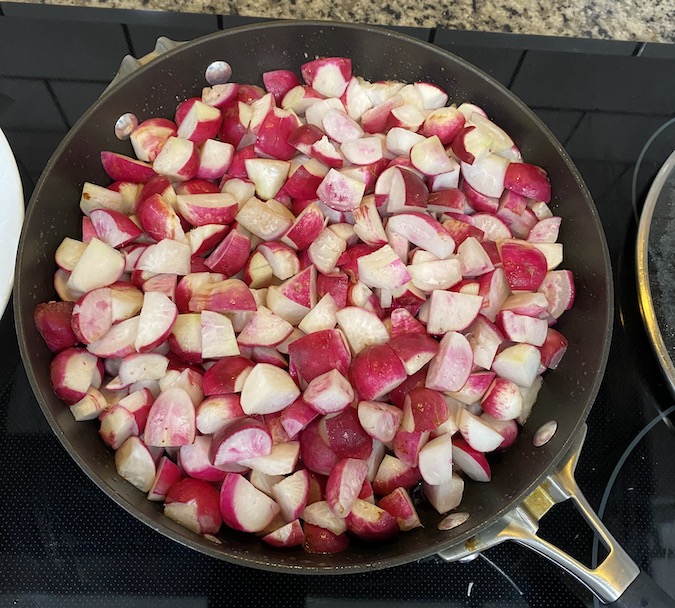We are always trying to eat healthy and not break the bank. Plants and vegetables give us great sources of vitamins, minerals, carbohydrates, complex carbohydrates and even proteins. So how did you get these crucial elements in your diet during the cold months and when all the summertime foods cannot grow.
The answer is to grow a winter garden. That’s right, grow a garden in the fall, winter and early spring. “How do you do this”, you say? With all the cold weather what would grow? Everything is dead in the winter.
Oh no, quiet the contrary my friend … almost all plants continue to grow during the cold months. Some of the best vegetables grow in the cold months.
Greens
Spinach, Turnips, Collards, Mustards, Kohlrabi, Kale, Lettuce, Cabbage, Arugula, Leeks and Swiss Chard all love cool weather. In fact, if it gets too hot (above 75 degrees F), these veggies stop growing, turn bitter and even die out. When using a greenhouse, keep it vented, and you may need additional air circulation.
Root Vegetables
Carrots, Beets, Turnips, Bunch Onions, Garlic, Shallots, Radishes
Above the Ground
Sweet Peas, English Peas, Brussel Sprouts, Colliflower, Broccoli, Bok Choi
Where to plant
Give your plants plenty of sunshine. At least 6 to 8 hours per day. Good soil that is well drained. Some of these plants love to be placed in existing flower beds next to the south side of the house. (Purple cabbage is very decorative). Houses protect from hard freezes, extends the growing season, blocks northern winds, avoids shade and shadows, and usually the soil has been conditioned with a few years of cultivating, mulch and organics. Also, the house provides a few degrees of warm heat retained from the sun exposure and the natural heat loss from a living space.
Raised garden beds are great for these plants. They can be filled with conditioned soil like what is purchased from the garden center. If you are lucky enough to have great soil on your property, you can just pile it up and make a border with blocks, bricks or timbers. Try not to use pressure treated, railroad crossties (creosote, pentachlorophenol, chromated copper arsenate treated) or lead painted wood. Technically, they are poison. The soil should be well drained and easy to cultivate. Most of the time no weeds or weed seeds are present due to easy cultivating, regular weeding and virgin soil.
Good Luck with you winter garden!



Thanks for such helpful information about winter gardening. You’ve inspired me to plant one this year!